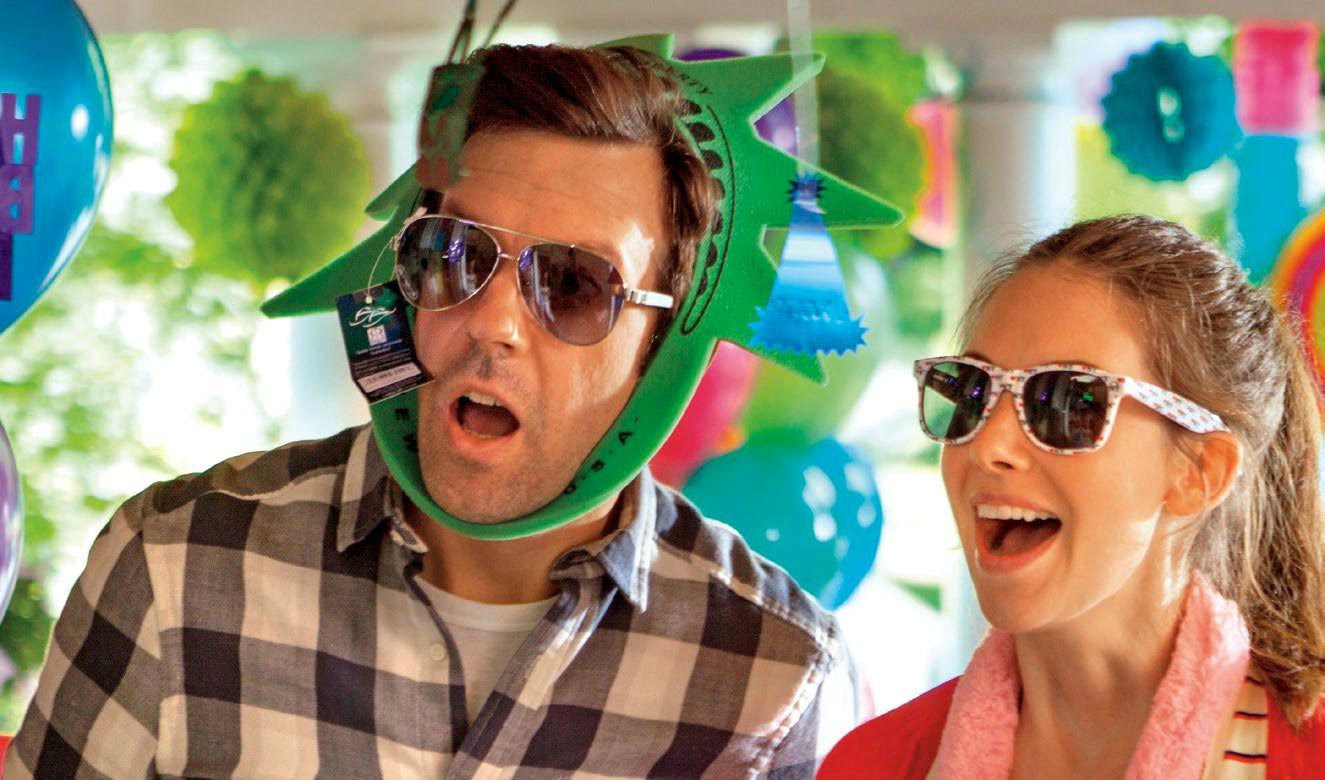He Named Me Malala
by Christie Robb
Malala Yousafzai was a remarkable person years before becoming the youngest Nobel Peace Prize recipient at the age of 17. What is impressive about her is not her having survived a head shot by a Taliban gunman in 2012; it’s her courage and strength in speaking out in nonviolent protest. It is her continuing support of children’s right to an education despite the threats to her life and the lives of her family members.
Oscar-winning director Davis Guggenheim (An Inconvenient Truth) presents Malala’s story in his new documentary, He Named Me Malala.
As you might guess, the central relationship explored in the film is between Malala and the man who named her, her father Ziauddin. He named his baby girl after Malalai—a female folk hero that roused dispirited Afghani fighters to war against the British and was shot and killed in the attempt—quite something to live up to.
Ziauddin himself seems something to live up to. A rebel schoolteacher who refused to be silent under increasing Taliban restrictions, he fostered a love of learning in Malala and taught her to raise her own voice against oppression when the voices of so many women and girls were strangled.
The tension of Guggenheim’s film builds slowly throughout, even as the storyline bounces around from stories of the Yousafzai family, to the Taliban’s rise to power in the Swat valley, to Malala becoming an anonymous schoolgirl blogger for the BBC at age 11, to her present day activism, to Malala’s decision to break her anonymity and appear on camera in Pakistan speaking in support of girls’ education. Finally, the tension peaks with footage of the bus on which Malala and two of her friends were shot, not by a gunman, as her father says, but by an “ideology.”
However, the movie is not simply an encomium to an internationally famous humanitarian. Guggenheim shows Malala not just as the extraordinary public figure that she has become, but also as a teenage girl who tussles with her younger brothers, stresses about grades, and crushes on sports figures. Guggenheim also makes some effort to show the mixed response Malala gets in Pakistan, where some people think she’s just a mouthpiece for her father or an agent of Western Imperialism.
And he explores the question of whether Ziauddin, this man who slapped this famous name on Malala, really forced her into this public life without her buy-in. Twice Guggenheim includes Ziauddin’s worry that, upon waking from her coma, Malala would accuse him, “I was a child, you should have stopped me.” And Malala raises her voice to say that she’s made her own choices. That she, “…chose this life and now… must continue it.”
It’s an amazing life and one worth watching.










